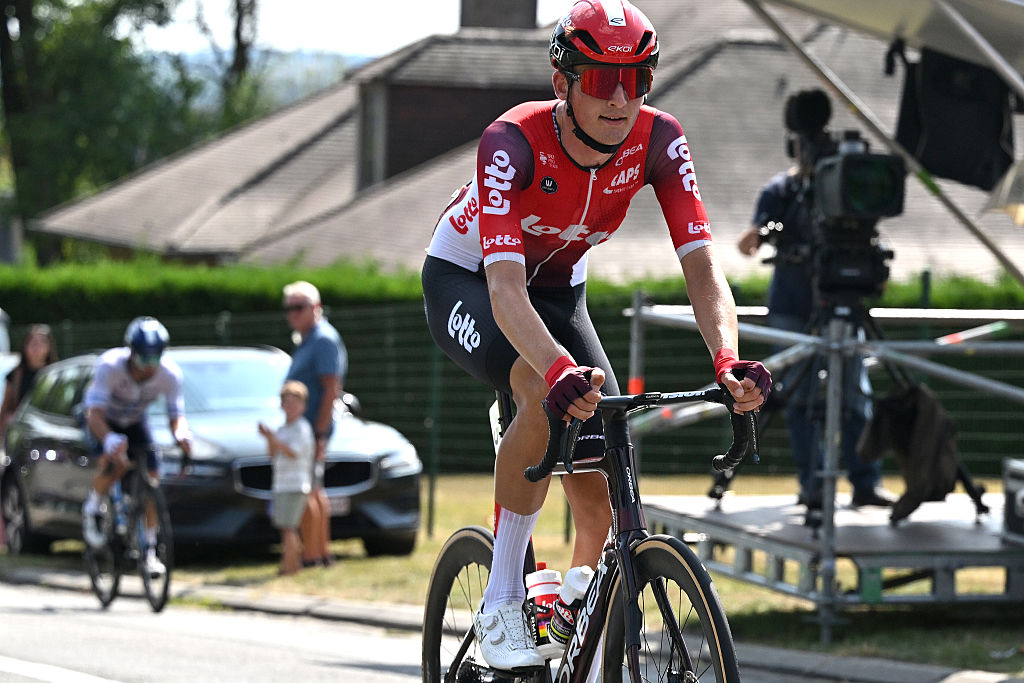Vuelta a Espana: Aru attacks and then suffers on Alto de Campoo
Gains time on Dumoulin but Quintana is back
The latest race content, interviews, features, reviews and expert buying guides, direct to your inbox!
You are now subscribed
Your newsletter sign-up was successful
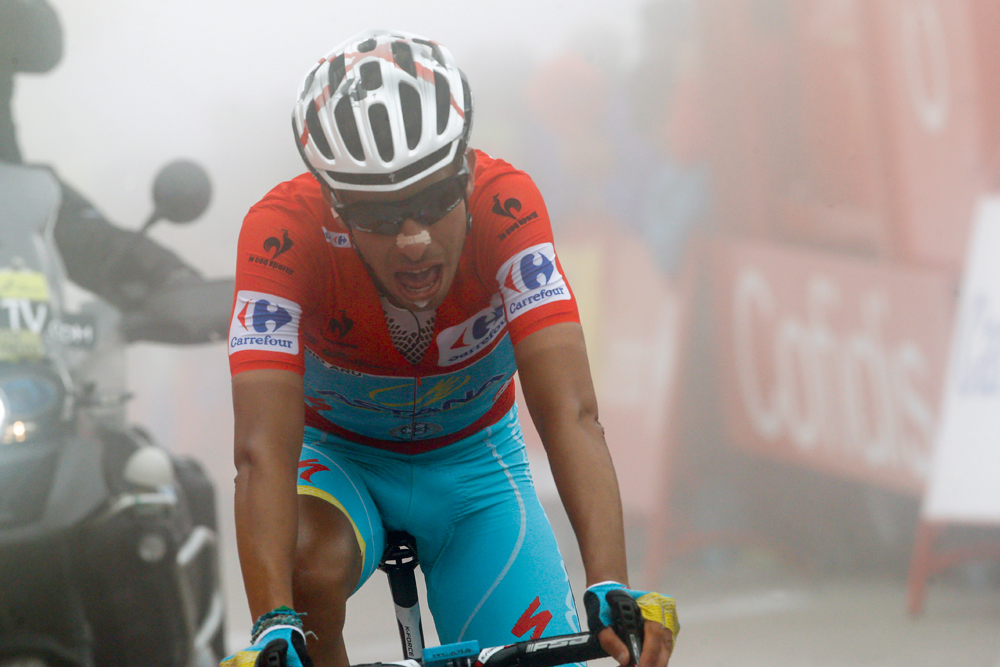
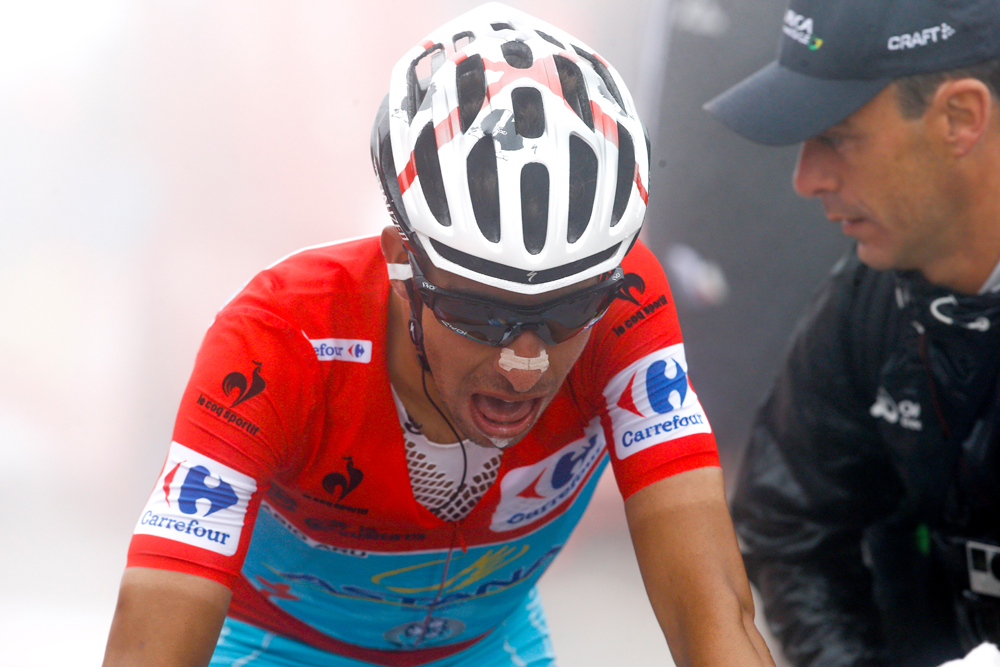
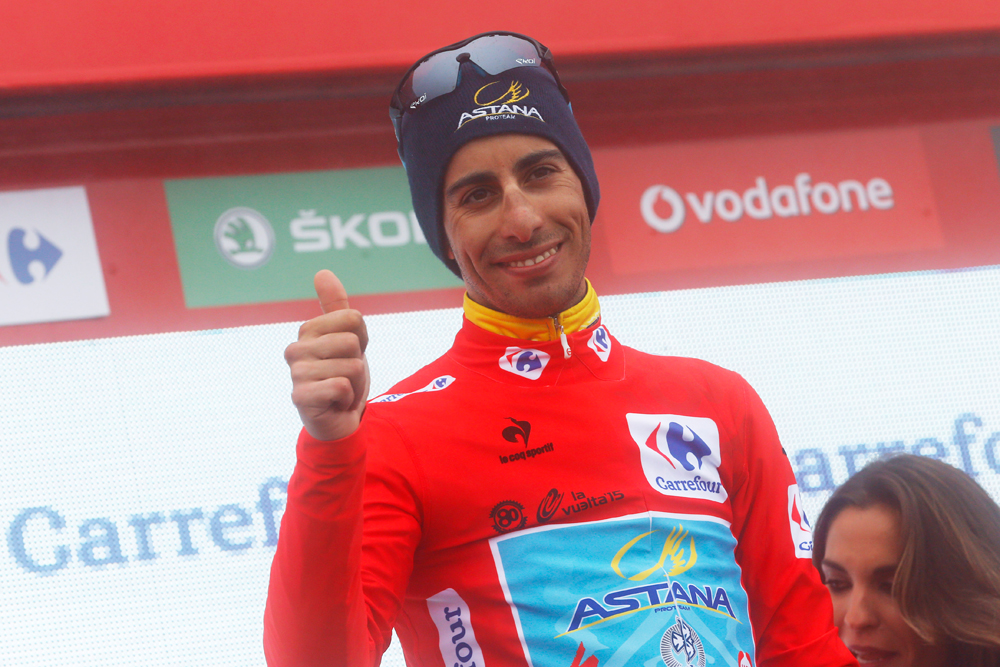
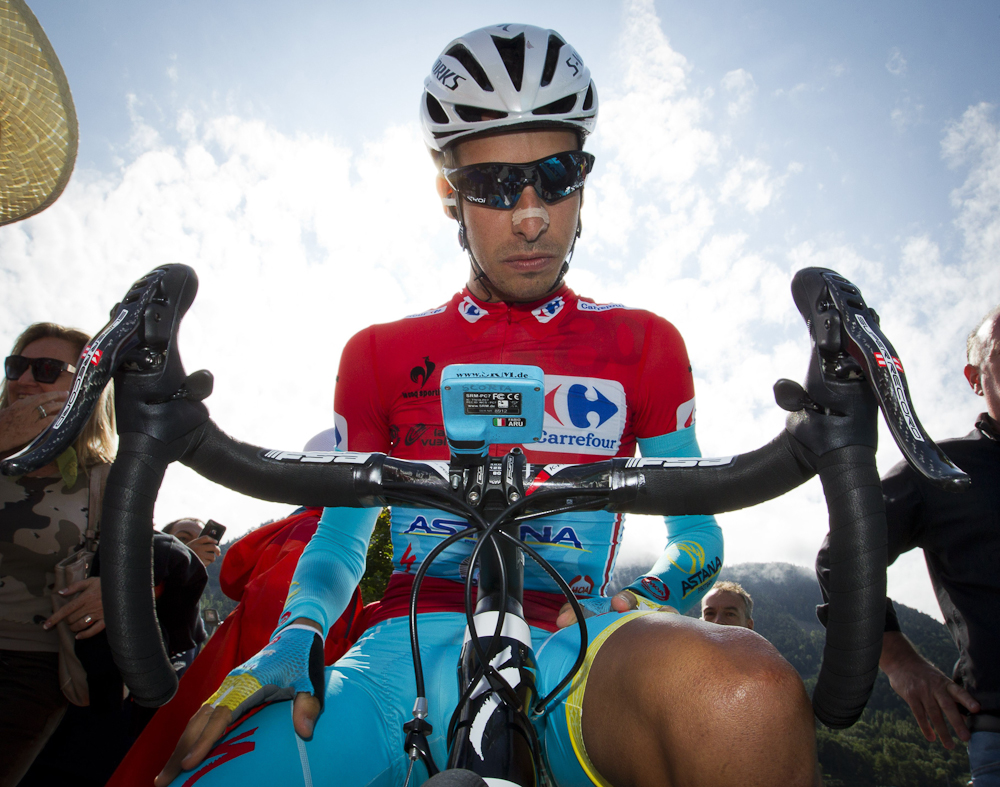
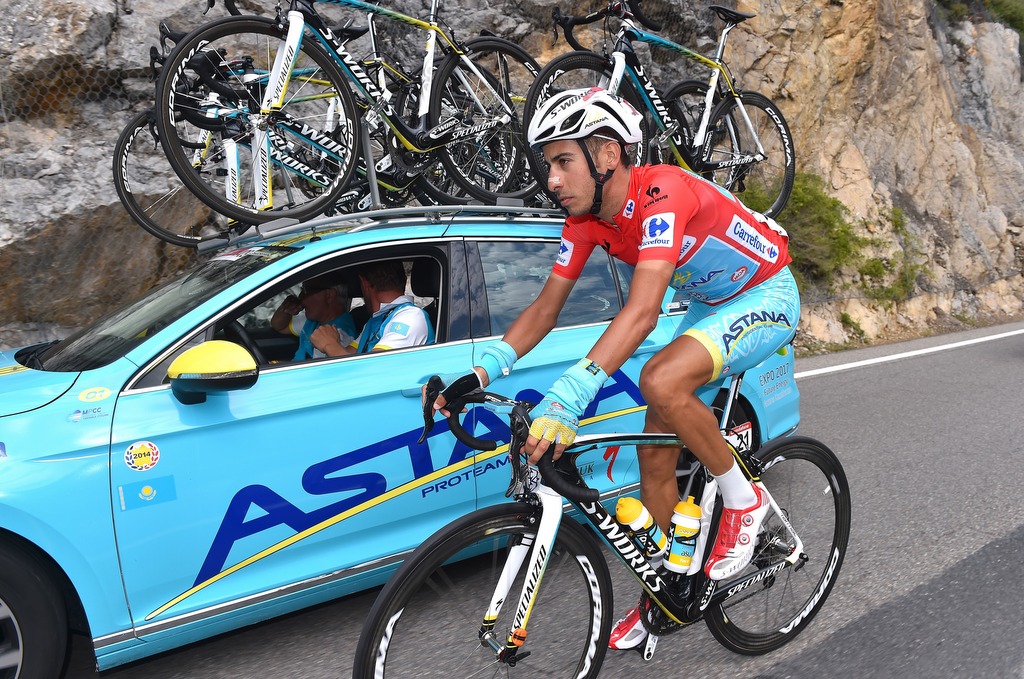
Fabio Aru’s (Astana) devastating late attack on Saturday’s summit finish of Alto Campoo at the Vuelta a Espana allowed the Italian to gain time on his most dangerous GC rival, Tom Dumoulin (Giant-Alpecin) but it did not have the desired effect on several other key favourites.
When Aru’s Astana troops upped the pace in the final five kilometres of the interminably long Alto Campoo climb, with Mikel Landa playing a key role it initially looked like a re-run of Aru’s powerful mountain attack in Andorra where he soloed to second in the Cortals d’Encamp stage and the top spot overall.
On the plus side, four kilometers later when the Italian crossed the line in ninth place behind stage winner Alessandro De Marchi (BMC Racing) he had gained 19 seconds on Dumoulin, who flagged slightly on the tougher slopes of the climb.
However, Nairo Quintana’s ability first to stick to Aru’s back wheel and then to break away close to the summit, gaining nine seconds on the Italian, was an unexpected, and not so welcome, development for the Astana camp. Neither was the way that Joaquim Rodriguez (Katusha) closed the gap on the Italian, sheering away in the dense mist at the Campoo summit and finally gaining a second on the race leader.
The Movistar rider’s return to top form following two days of illness in Andorra is not wholly troubling for Aru, given Quintana is still three minutes down overall - too far to threaten Aru's lead for now. And unlike Dumoulin, Rodriguez is no time trial specialist either.
But the impression that Aru gave on the Alto Campoo was that whilst he may be gaining the upper hand on Dumoulin, his domination in the mountains - at least on steady climbs like Alto Campoo - is not as strong as at the start of the week.
Well wrapped up against the intense cold Aru insisted that he was, “not worried that Purito and Nairo could follow me. I was doing my own race and I wanted to get as much time as possible on Dumoulin.”
The latest race content, interviews, features, reviews and expert buying guides, direct to your inbox!
“It was a very difficult climb, but my team-mates were riding hard, so I went for it.”
The question Aru has been repeatedly asked, and which he will surely be repeatedly asking himself, was how much time he feels he needs to take on Dumoulin to be sure he can keep the lead in the jersey in the upcoming time trial in Burgos.
“I have no idea,” Aru said, for the umpteenth time, “he’s a great time triallist but a time trial in the third week,” when riders are at the limit of their strength and differences between specialists and non-specialists therefore all the smaller, “is never the same as in the first or second.”
Aru dodged the question if it was possible he could lose the lead on Wednesday’s time trial but then recover it on the remaining mountain stages prior to Madrid. “Every day I will try to get more time on him, even a few seconds is important,” he repeated.
Aru’s determination to take time on Dumoulin, though, proved something of a two-edged weapon in Alto Campoo, given he recognised he was on the point of cracking in the final kilometre of the climb. Whether the Italian changes his strategy over the next two summit finishes on Sunday or Monday, or whether he will be able to regain the upper hand on the climbs on all his rivals, could well prove decisive for the overall outcome of the Vuelta.
Alasdair Fotheringham has been reporting on cycling since 1991. He has covered every Tour de France since 1992 bar one, as well as numerous other bike races of all shapes and sizes, ranging from the Olympic Games in 2008 to the now sadly defunct Subida a Urkiola hill climb in Spain. As well as working for Cyclingnews, he has also written for The Independent, The Guardian, ProCycling, The Express and Reuters.

